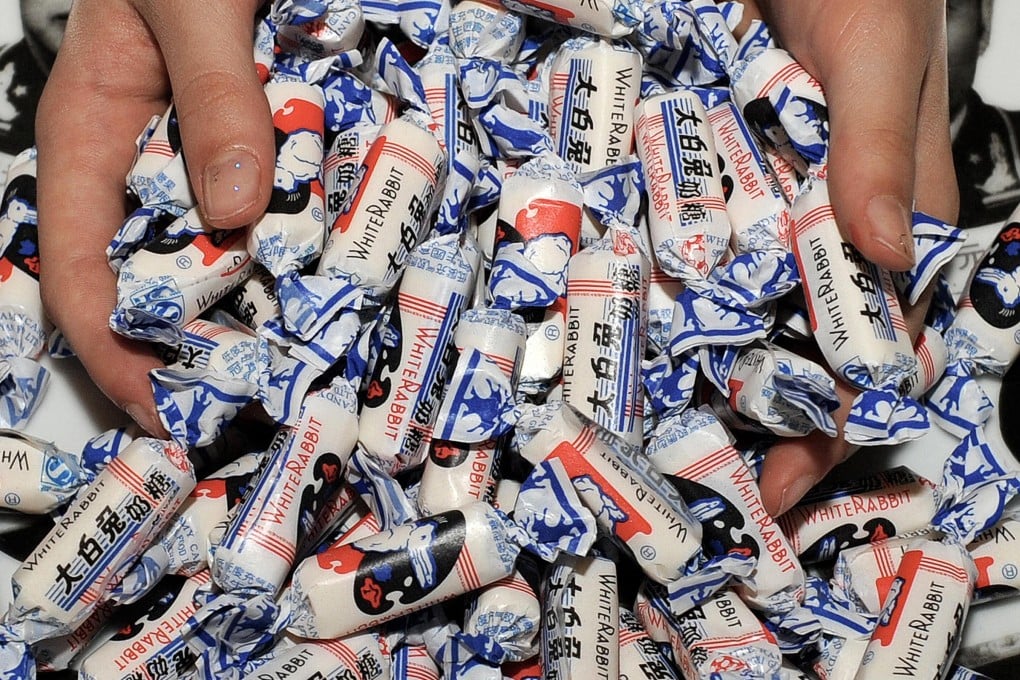Year of the White Rabbit? 5 Chinese and Asian companies with bunny logos, from sweets to pharmaceuticals to flooring
- For a handful of companies, the Year of the Rabbit aligns with their very identity thanks to their bunny-based names and logos
- While Playboy’s well-known rabbit icon carries risqué connotations, the animal symbolises longevity, peace and prosperity in China and Asia

With the Lunar New Year approaching, rabbits are popping up all over, as companies feature the fluffy animals in marketing materials and limited-edition products to capitalise on fervour for the creature that symbolises the coming year in the Chinese zodiac.
But for a handful of companies, the Year of the Rabbit aligns with their very identity: the hare-based names and logos they use at all times.
By far the most recognised rabbit logo internationally is that of PLBY Group, best known for its adult magazine Playboy. The icon of a rabbit wearing a bow tie first appeared in the magazine’s second issue and was later adopted as its official trademark. According to the magazine’s founder Hugh Hefner, the rabbit was used because of the animal’s “humorous sexual connotation” in American culture.
The logo helped Playboy’s business expand globally, and generates billions of dollars in annual sales through licensing for retail, foods and beverages, events, and entertainment venues. In fact, Playboy-branded products generated more than US$1 billion in consumer sales across China’s e-commerce platforms in 2020, accounting for 27 per cent of the company’s total revenue.

The brand’s fame in China has also led to lawsuits against copycats, such as a 2013 case where Playboy demanded US$68,000 and a public apology from three Chinese companies for producing shirts with a similar icon.
In contrast to Playboy’s wink-wink-nudge-nudge focus on the rabbit’s promiscuity, the animal symbolises longevity, peace and prosperity in Chinese and Asian cultures. Therefore it tends to be associated with less risqué businesses, and it has a long history as a brand symbol.